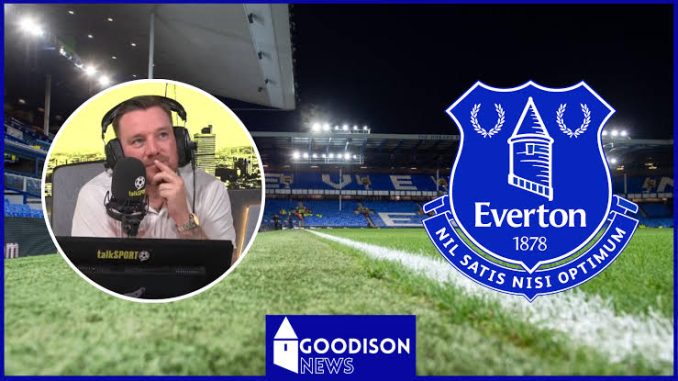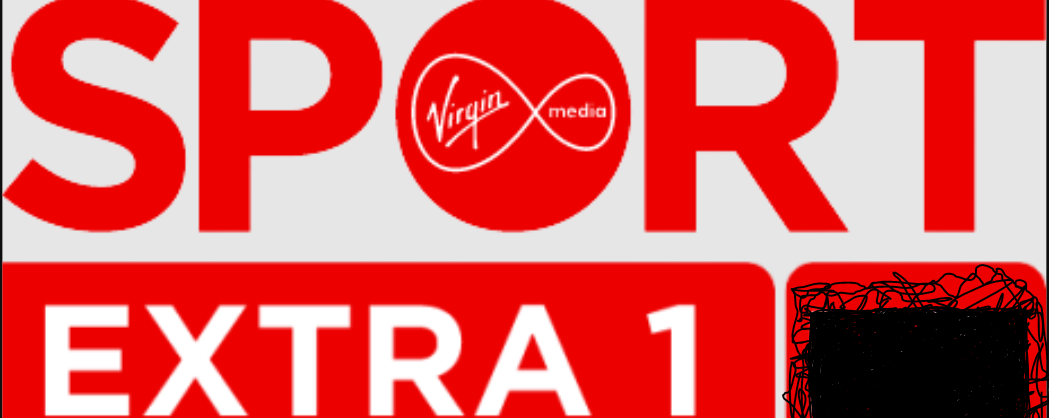
Jamie O’Hara Slams Alan Shearer for Urging Michael Oliver to Apologize to Ipswich Over Unfair Officiating

In the world of football punditry, opinions often collide, but Jamie O’Hara has taken his disagreements to a new level by publicly criticizing fellow pundit and Premier League legend Alan Shearer. The controversy stems from Shearer’s recent demand for referee Michael Oliver to apologize to Ipswich Town after their controversial 2-1 loss to Everton, which was marred by several questionable officiating decisions. O’Hara, never one to shy away from bold statements, has hit back, accusing Shearer of being overly harsh and making unnecessary demands on referees in a high-pressure game.
### The Controversial Match: Ipswich vs. Everton
The match in question saw Ipswich Town, newly promoted to the Championship, lose narrowly to Premier League side Everton in a match that left fans and pundits alike debating the impact of officiating on the final result. Ipswich felt hard done by after a number of key decisions went against them, most notably a denied penalty claim and a disallowed goal. Ipswich striker Conor Chaplin was brought down in the box by Everton defender Jarrad Branthwaite, but referee Michael Oliver waved play on, a decision that many felt was pivotal in the outcome of the match.
Alan Shearer, a regular pundit on *Match of the Day* and renowned for his no-nonsense views, was one of the most vocal critics of Oliver’s performance. Shearer described the penalty decision as a “stonewall” and claimed Ipswich were unfairly treated. He went further, suggesting that Oliver should issue a public apology to Ipswich Town and their fans for what he described as a clear error in judgment.
“Shearer’s comments were a little bit over the top,” O’Hara said on *TalkSPORT*, where he regularly appears as a pundit. “We all know Alan loves to stand up for the underdog, and fair enough, Ipswich had a couple of tough calls go against them. But asking Michael Oliver to apologize is ridiculous.”
### O’Hara’s Response: Defending the Referees
Jamie O’Hara, a former Tottenham midfielder turned pundit, took exception to Shearer’s comments, particularly the idea that referees should be forced to apologize for mistakes during a match. O’Hara, who has had his fair share of run-ins with referees during his playing days, believes that while referees are not infallible, they should not be subjected to public shaming or calls for apologies from high-profile figures like Shearer.
“Referees are under immense pressure as it is,” O’Hara argued. “Michael Oliver is one of the best referees in the world, and we’re not talking about some blatant handball or outrageous decision here. It’s a split-second call, and that’s part of the game. You can’t expect referees to come out after every match and apologize whenever fans or pundits disagree with a decision. That would undermine the entire process and just create more chaos.”
O’Hara’s defense of Oliver aligns with a growing sentiment that referees are facing increasingly intense scrutiny in the modern game, partly due to the introduction of VAR and the constant replaying of decisions from multiple angles. While VAR was introduced to help correct clear and obvious errors, its use has often sparked more controversy, with pundits and fans dissecting every frame of footage, sometimes making referees the focus of post-match analysis rather than the players and the football itself.
“Everyone’s got slow-motion replays and 50 different angles to look at, but Michael Oliver has to make that call in real time. He’s going to make mistakes; every referee does. But calling for an apology? Come on, that’s going too far,” O’Hara added.
### Shearer’s Stance: Holding Referees Accountable
Alan Shearer’s call for Michael Oliver to apologize comes from a place of frustration shared by many Ipswich supporters, who felt their team was denied a fair opportunity to take points from the match. Shearer, who has long been a critic of inconsistent refereeing decisions, particularly in matches involving smaller clubs or lower-league sides, sees this as another example of how high-profile teams seem to get the benefit of the doubt.
In Shearer’s view, referees should be held accountable for significant mistakes, just as players and managers are. His argument is that if a decision changes the outcome of a match, particularly in cases where it can be reviewed with VAR and still ends up wrong, then referees should acknowledge the mistake. This, according to Shearer, would improve transparency and restore some faith in the system.
“I’m not saying referees are bad or biased, but when a team like Ipswich works hard and comes so close to getting a result, only for poor officiating to take that away, it’s only right for the official to hold his hands up and admit he got it wrong. It happens in every other profession, so why not in football?” Shearer had said in his analysis.
### The Larger Debate: Are Referees Being Unfairly Targeted?
O’Hara’s rebuttal has sparked a broader discussion about the role of referees in the game and how much accountability they should face for their decisions. With the advent of VAR, the expectation that referees should be nearly perfect has intensified. Fans and pundits, armed with multiple camera angles, often call for referees to be more transparent, especially when mistakes are made.
However, O’Hara’s argument reflects the view that referees, like players, are only human and will inevitably make mistakes. Forcing them to apologize, he believes, would set a dangerous precedent and could lead to referees becoming scapegoats for poor results, further exacerbating the pressure on them in an already difficult job.
“I get that people are frustrated, but it’s part of the game. Football’s always had controversial decisions, and sometimes they go against you. It doesn’t mean we should start demanding apologies from referees every time something doesn’t go your way,” O’Hara said in closing.
### Conclusion: A Clash of Pundit Perspectives
The public spat between Jamie O’Hara and Alan Shearer highlights the ongoing debate within football about the role of referees and the use of VAR. While Shearer’s call for an apology reflects a desire for more accountability in refereeing, O’Hara’s defense points to the high stakes and immense pressure referees already face in every match.
As Ipswich Town fans continue to feel aggrieved by the decisions in their match against Everton, the wider football community remains divided on how to address controversial officiating. Should referees be held to a higher standard of accountability, or should we accept that mistakes are part of the game? The debate is far from over, and as more high-profile incidents arise, the conversation around the role of referees will only continue to intensify.

Leave a Reply